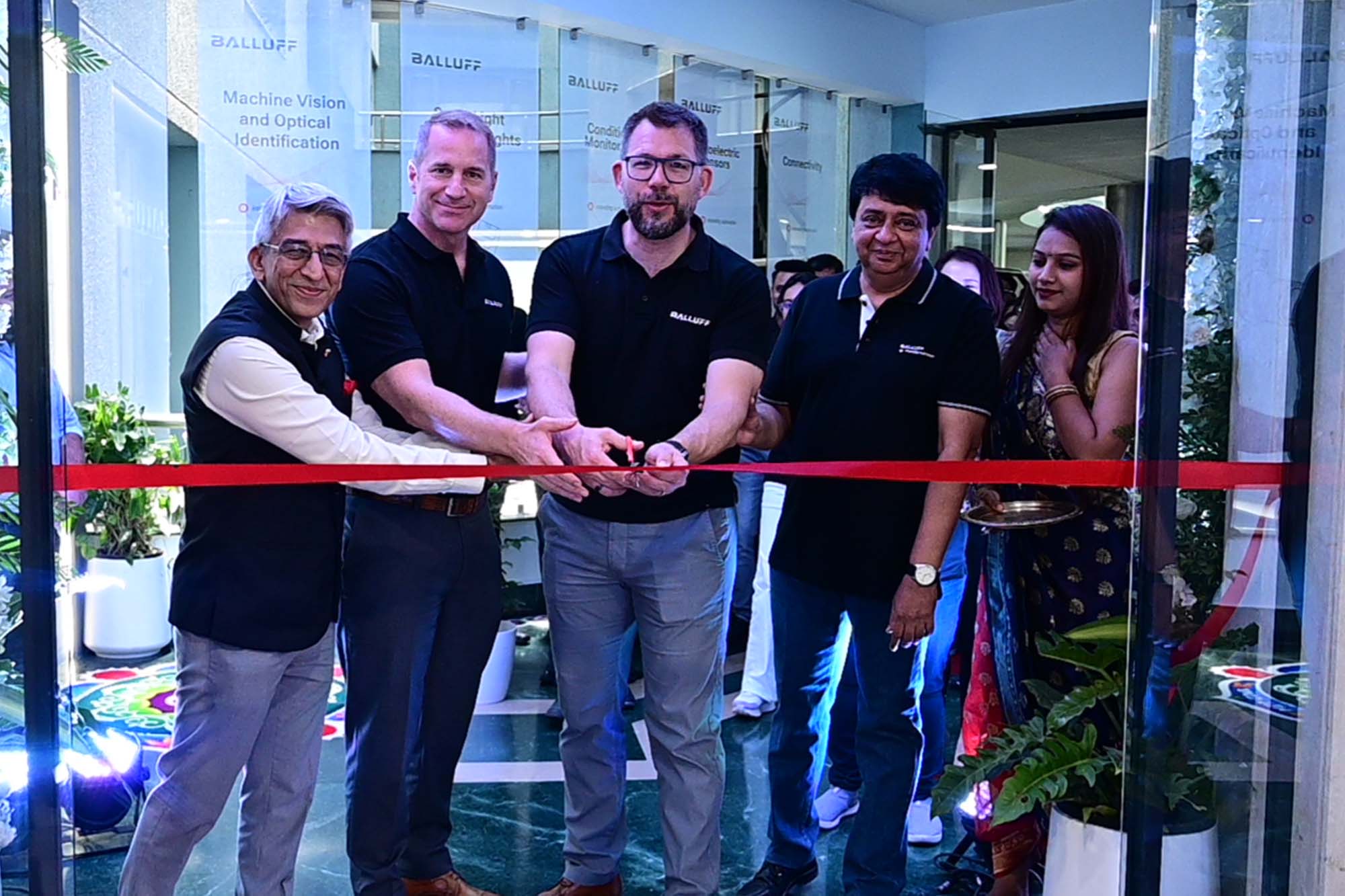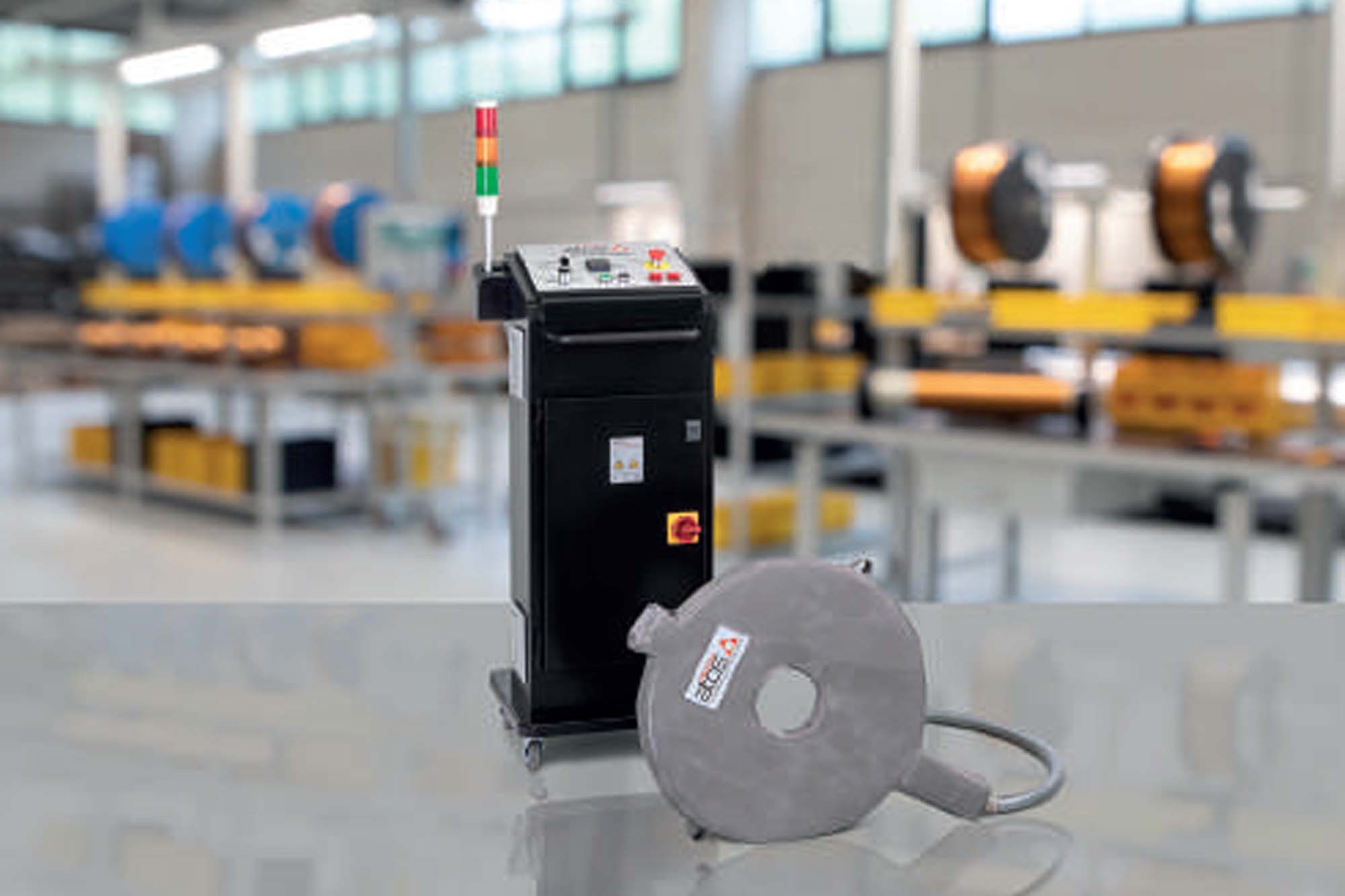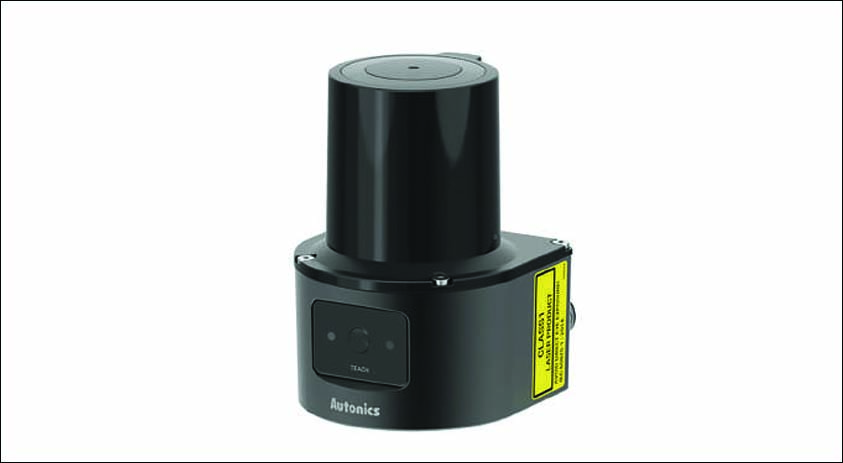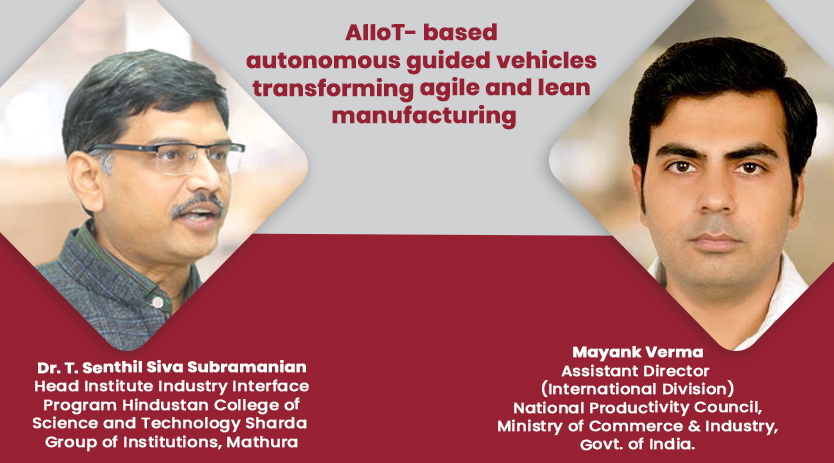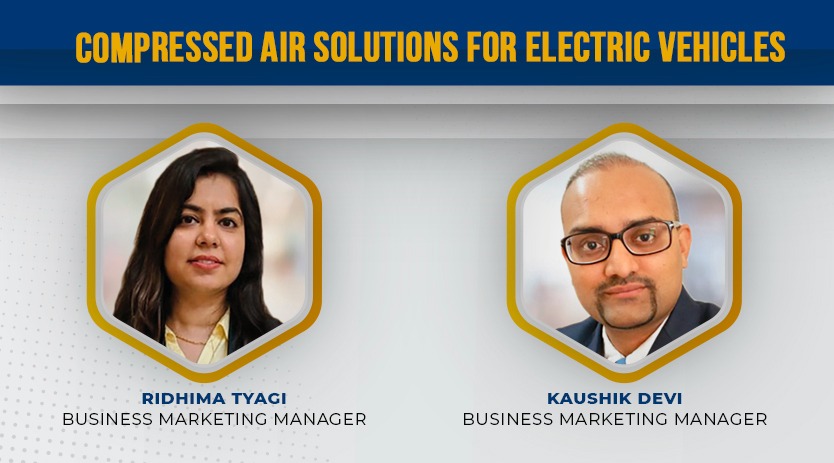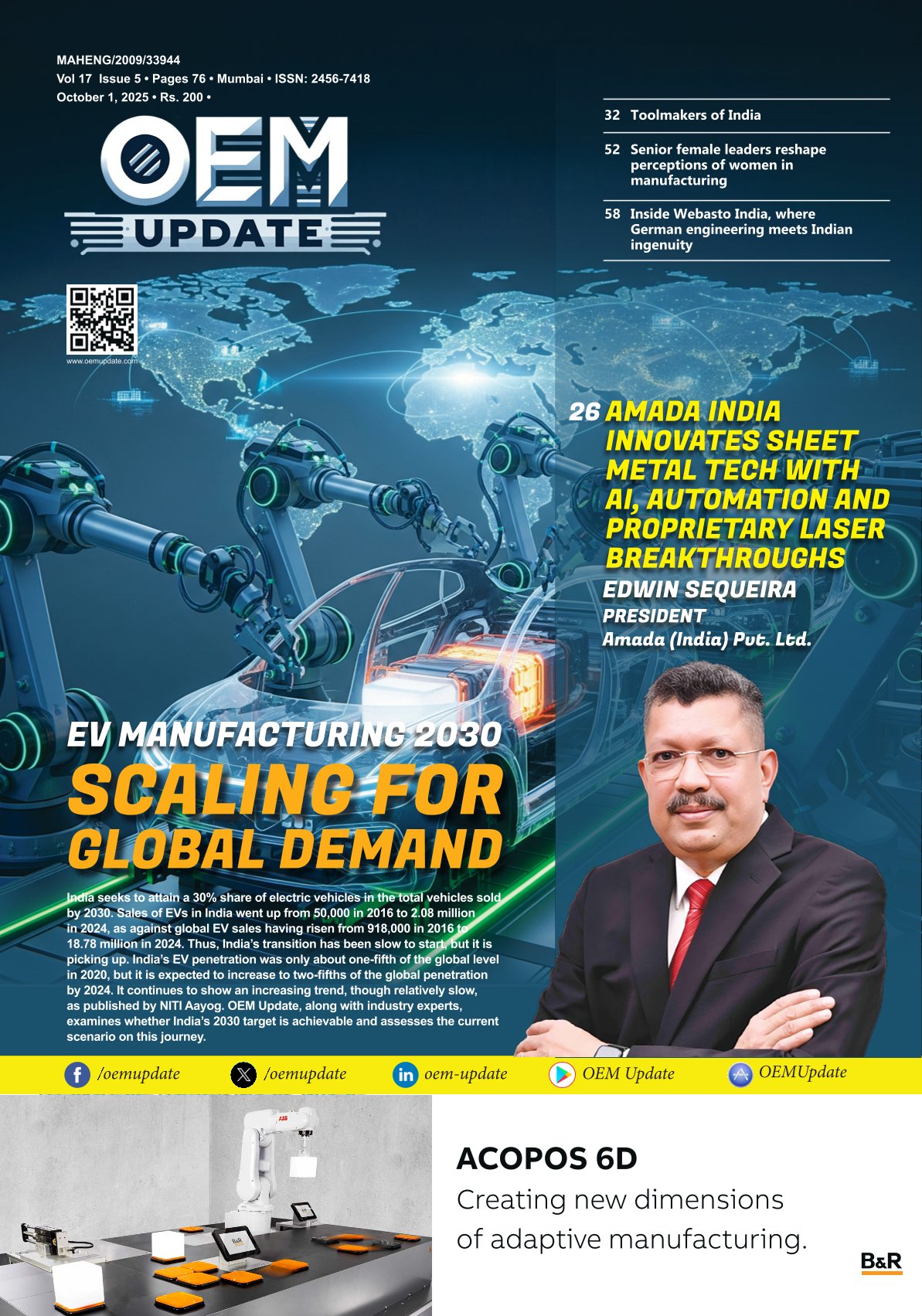Industrial AI uptake is just started
By Staff Report August 9, 2024 5:58 pm IST
Al is uptaking, and 9 out of 10 companies in India are open to paying more to attract AI engineers, as per Honeywell Research.
Honeywell released the findings of its Industrial AI Insights global research study, which captures the state of Artificial Intelligence (AI) in the sector. While only 17% of AI decision-makers have fully implemented their initial AI plans, more than 9 in 10 say they uncover unexpected new use cases, whether in the prototyping, launch, or scaling stages of AI implementation.
The enthusiasm for a deeper commitment to AI investment is nearly universal, with 94% of those surveyed saying they plan to expand their use of AI.
AI adoption in India
According to the research findings, 29% of Indian companies have already fully launched their AI strategy, and 27% see data as their most important asset. In terms of the use cases offered by advanced technologies, 79% see improved efficiency/productivity and data availability—to help decision-making—as the most promising use cases for AI. The report further highlights that almost 9 out of 10 (88%) Indian enterprises expect to pay more to attract the right talent pool of AI engineers.
AI Unlocks Workplace Benefits
When asked for their thoughts on AI’s impact on industries, nearly two-thirds (64%) of AI leaders cited efficiency and productivity gains as the most promising benefits. Sixty percent say AI results in improved cybersecurity and threat detection, and 59% report better decision-making due to real-time data generation.
Several other benefits of AI for workers were also cited by respondents, including increased work flexibility (49%), greater job satisfaction (45%), more time for skills development and creative thinking (44%) and increased workplace safety (39%).
Skills development is crucial in today’s economy, with baby boomers retiring and fewer replacements entering the workforce. Through AI, employers can more quickly upskill and reskill workers. AI will transform industries by enabling workers to perform higher-level jobs and provide greater job satisfaction while increasing productivity and addressing the skills shortage.
Lucian Boldea, President and CEO of Honeywell Industrial Automation, offered one direct example, “There can be tens of thousands of instruments, equipment and valves needed to process and manufacture a product. Many of the parts we supply require highly experienced technicians for operation and maintenance, and there are fewer experienced technicians. With AI training and AI as a “co-pilot”, the skills of less experienced technicians can be upgraded, turning them into elite experts who perform tasks based on enterprise knowledge and best practices. In turn, plant operations can run more safely and reliably by dramatically reducing human error.”
What’s Next for AI
While the enthusiasm for AI to expand is palpable, there are still some challenges for full adoption. More than a third of survey respondents (37%) feel that their C-Suite fully doesn’t understand how AI works, and almost half (48%) say they have to justify or request resources needed to implement AI plans.
“Businesses of all types recognise that AI is transforming our world and creating new possibilities. For building operations – such as hospitals, campuses, and offices – it is the future. As AI orchestrates controls that regulate HVAC, lighting and electricity usage, it helps to improve safety, operational and sustainability outcomes,” said Billal Hammoud, President and CEO of Honeywell Building Automation.
Cookie Consent
We use cookies to personalize your experience. By continuing to visit this website you agree to our Terms & Conditions, Privacy Policy and Cookie Policy.






